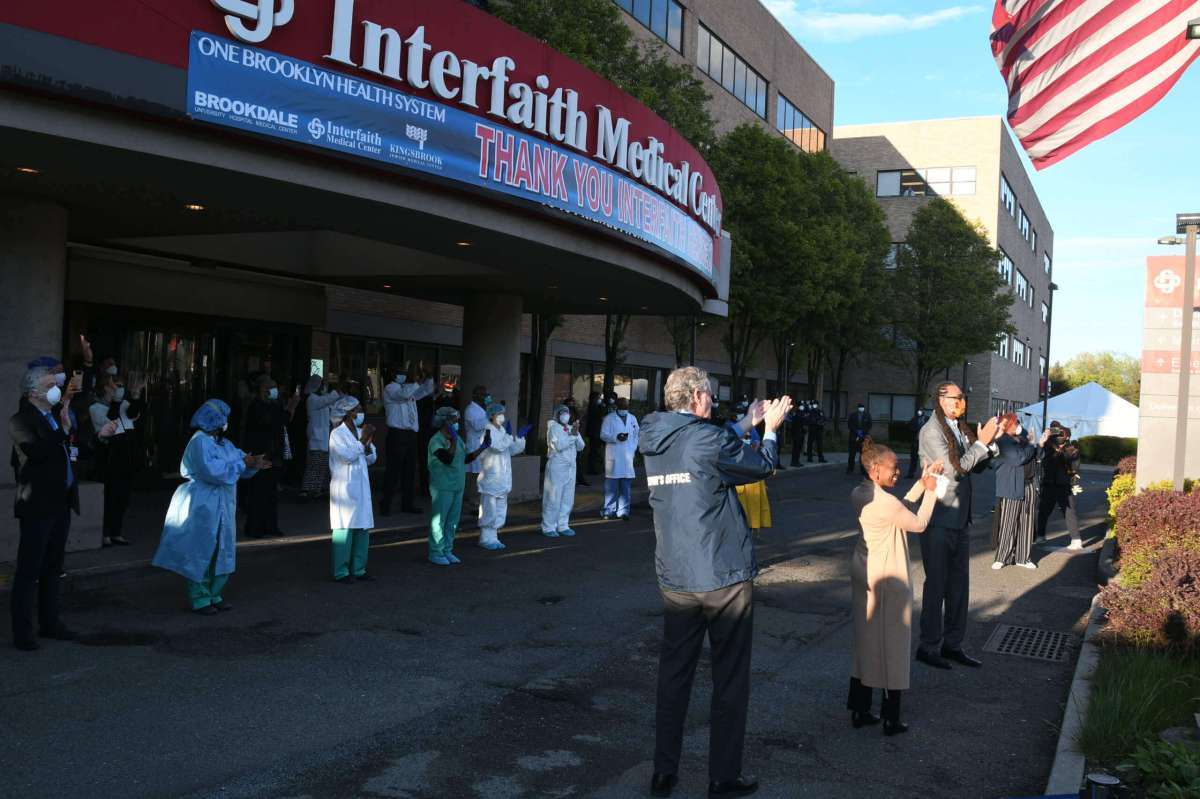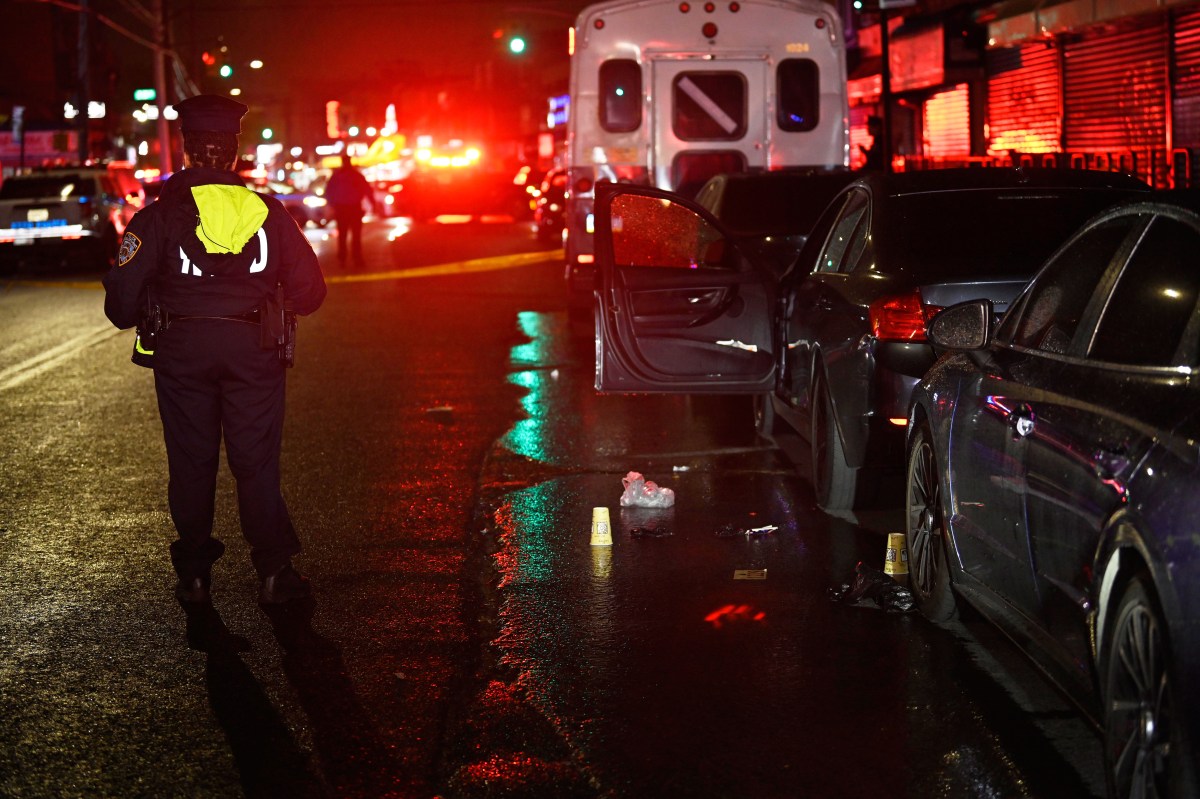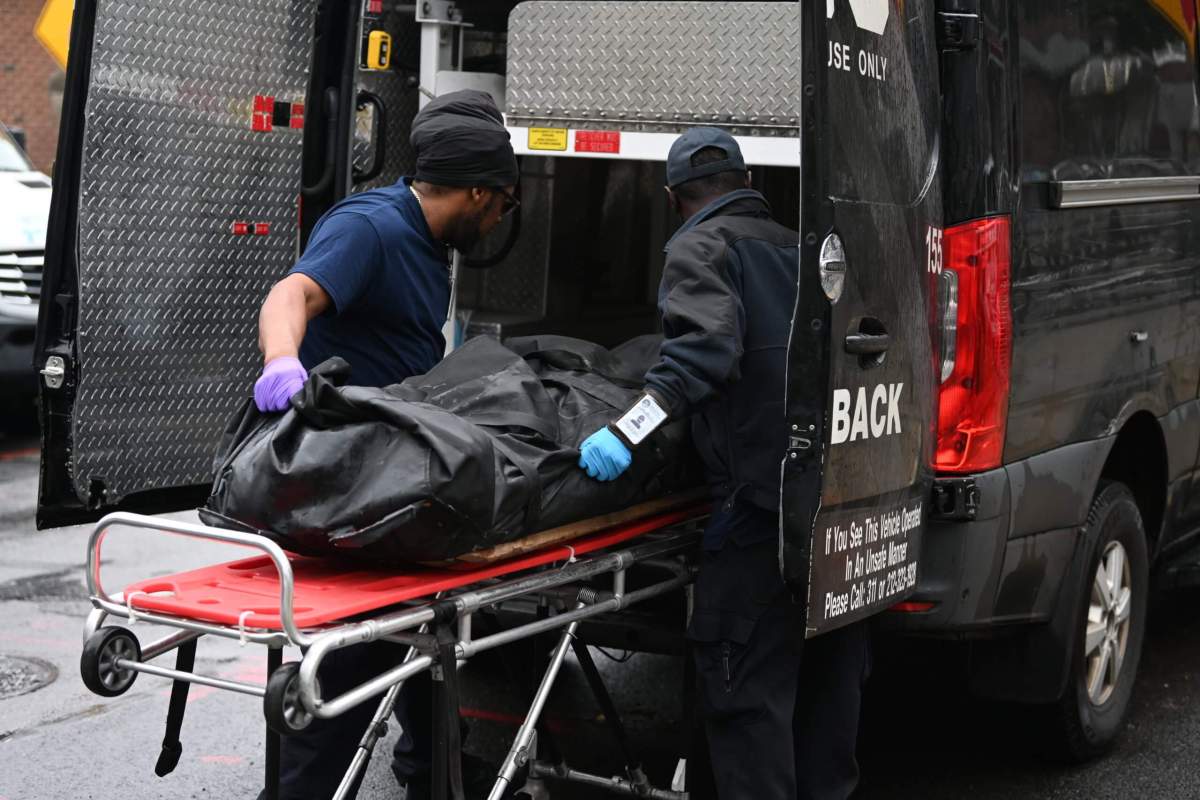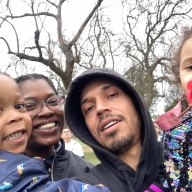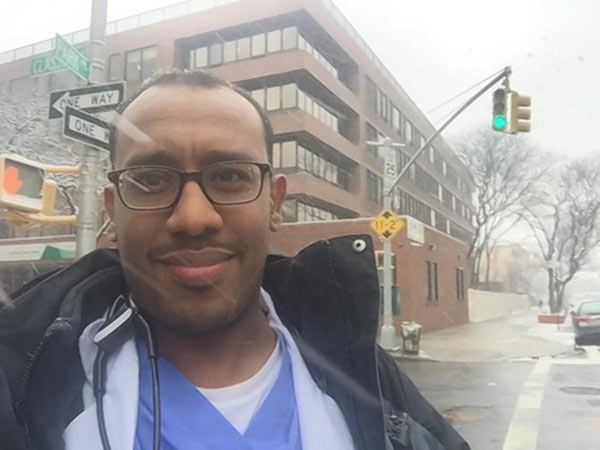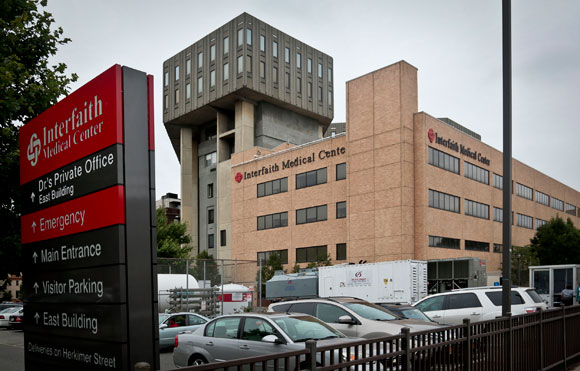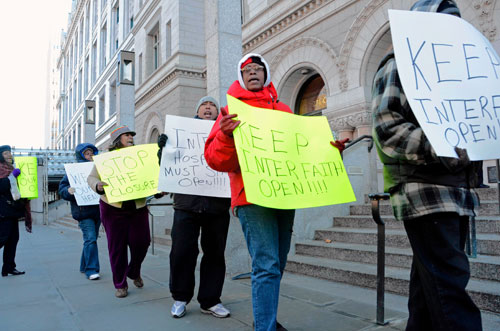One Brooklyn Health has initiated a new project called ‘EQITI’, a professional health training model based on education, quality and interprofessional team integration. The training gives medical residents — essentially doctors-in-training — a year-long hands-on experience in which they are the primary care team for roughly 200 patients.
According to Dr. Patrick T. Lee, the system chair for the department of medicine, the 228 residents will develop stronger relationships with the patients and with their co-workers and gain a deeper understanding of the healthcare system. The recruited residents are set to begin the program in November of this year.
“The result, we believe, will be better care for patients, a more authentic primary care learning experience, and improved retention of physicians and health professionals to serve the people of Central Brooklyn,” Lee said.
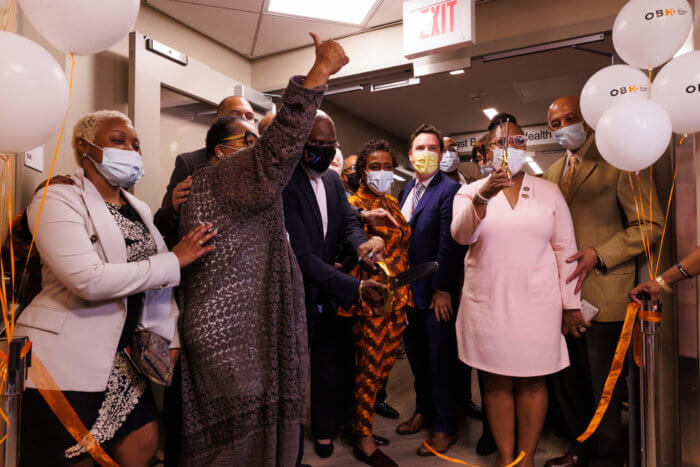
He states that these few years of residency are the most critical for medical professionals and training in a more intense setting will impact the way participants practice for the rest of their career.
“This experience is different [from] internal medicine residents all around the country who generally have much more of an interrupted experience. They simply come and go from the hospital,” Lee said. “Literature is pretty clear when residents experience high value direct care during their training they actually go on to practice that [level of] care all of their lives and the reverse is true [too]. If they experience low value care then even if they go on to a high value system, they practice low value care all of their lives.”
The long term goal of the program is to create a better quality of life for the community One Brooklyn Health serves.
“One Brooklyn Health is focused on addressing the root causes of the significant life expectancy gap for the residents of Central Brooklyn communities. Fundamental to this effort is improving access to high quality primary and behavioral health care. By creating a long-term workforce strategy while directly improving the care of patients, the OBH EQITI Project represents a significant commitment to serving the population of Central Brooklyn,” said One Brooklyn Health officials in a statement.
The One Brooklyn Health network includes the Brookdale Hospital Medical Center in Brownsville, Kingsbrook Jewish Medical Center in East Flatbush, and Interfaith Medical Center in Crown Heights. The system largely serves Brooklynites of color, who were hardest-hit by the COVID pandemic. In March, One Brooklyn Health residents held a vigil honoring the lives lost and demanding more resources for the neighborhoods they serve, who they said have been without adequate healthcare and other services for years.
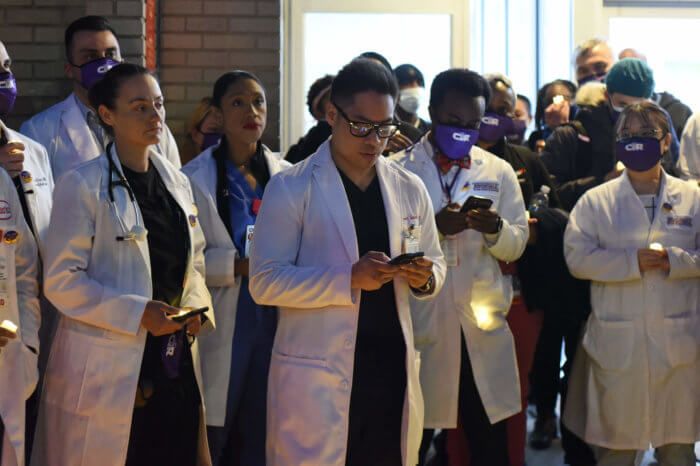
After reviewing health care reports in the area, Lee and his team noticed a need for an improved service in certain parts of the neighborhood.
“We know that our patients in Brownsville die about 11-years earlier on average than patients in Battery Park,” Lee said. “I think that the origin of this project is asking the question ‘Why shouldn’t the people in our communities have the best care?’”
The EQITI project was made possible by a president’s grant of $25,000 from the Josiah Macy Foundation, a national foundation dedicated solely to improving the education of health professionals.
“We thank the Macy Foundation for believing in and providing vital support to help OBH achieve this vision,” said Lee.


